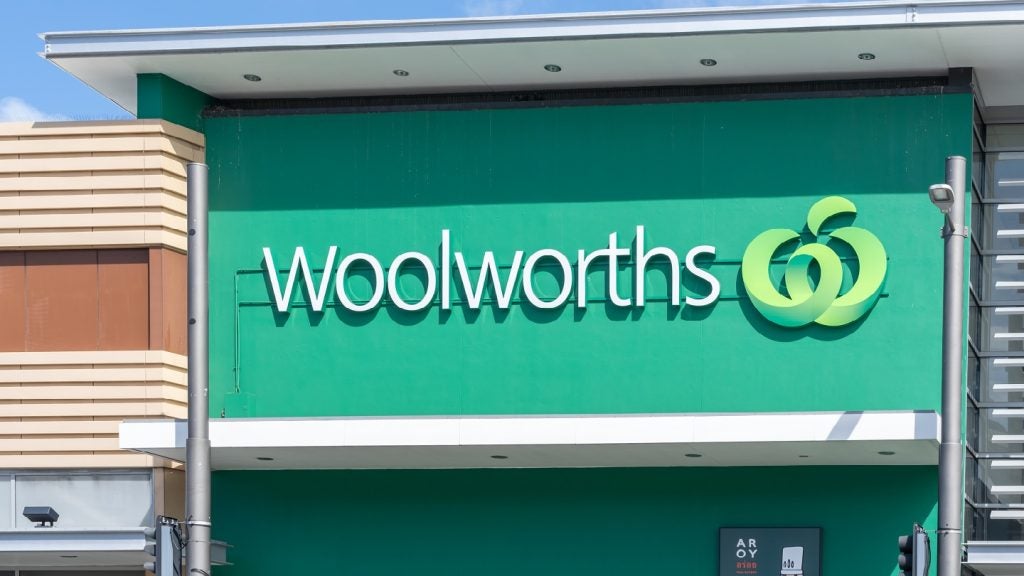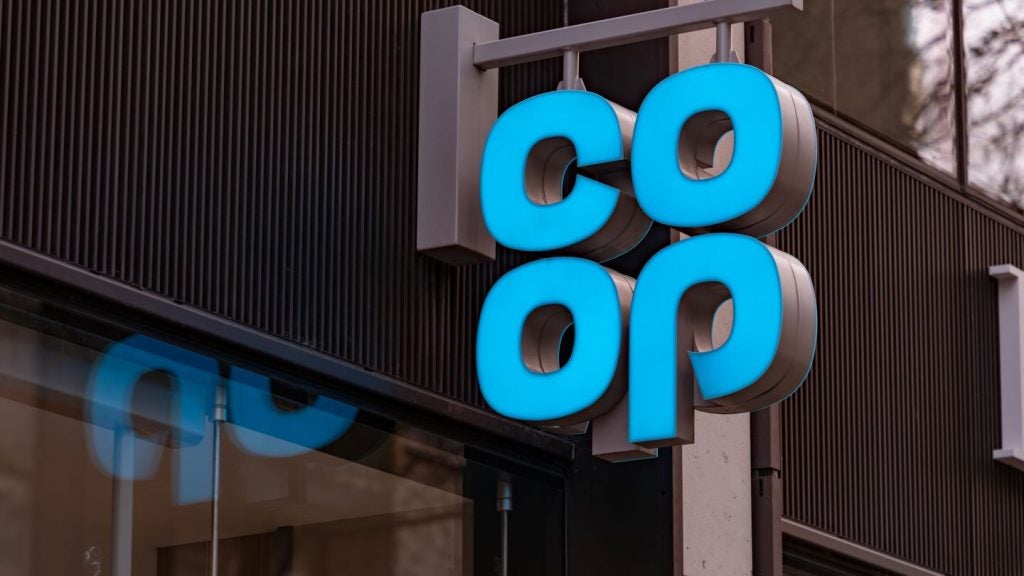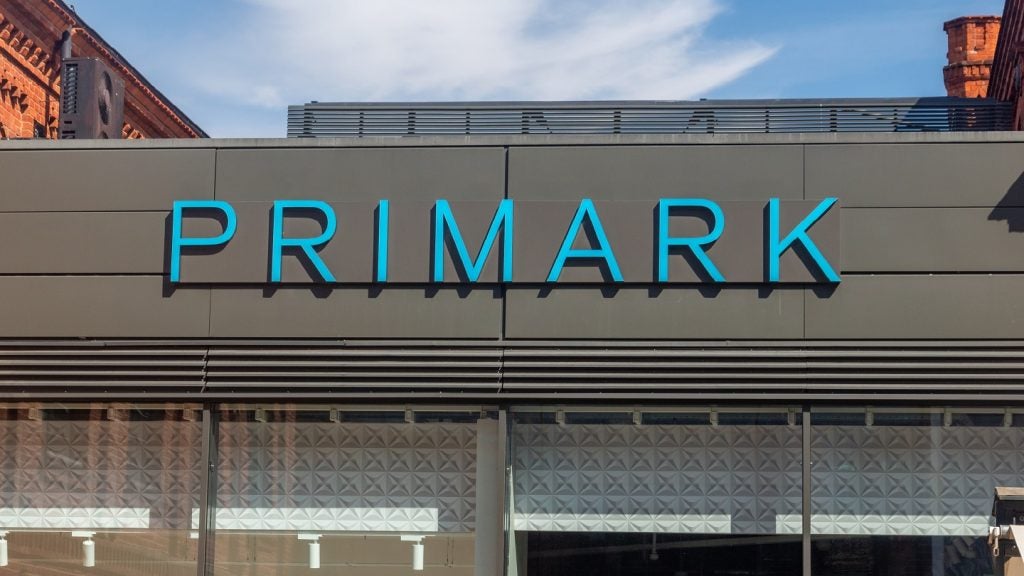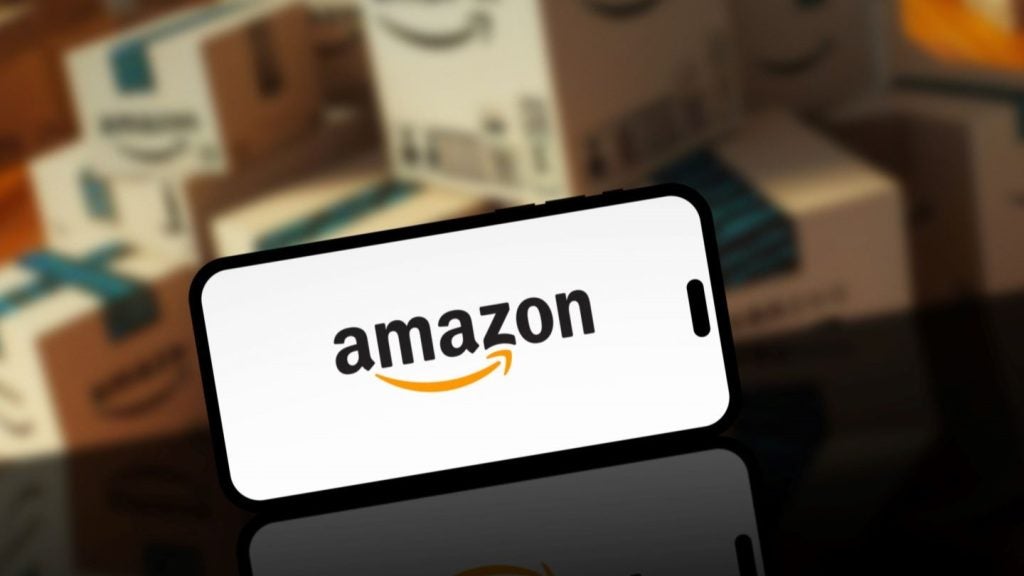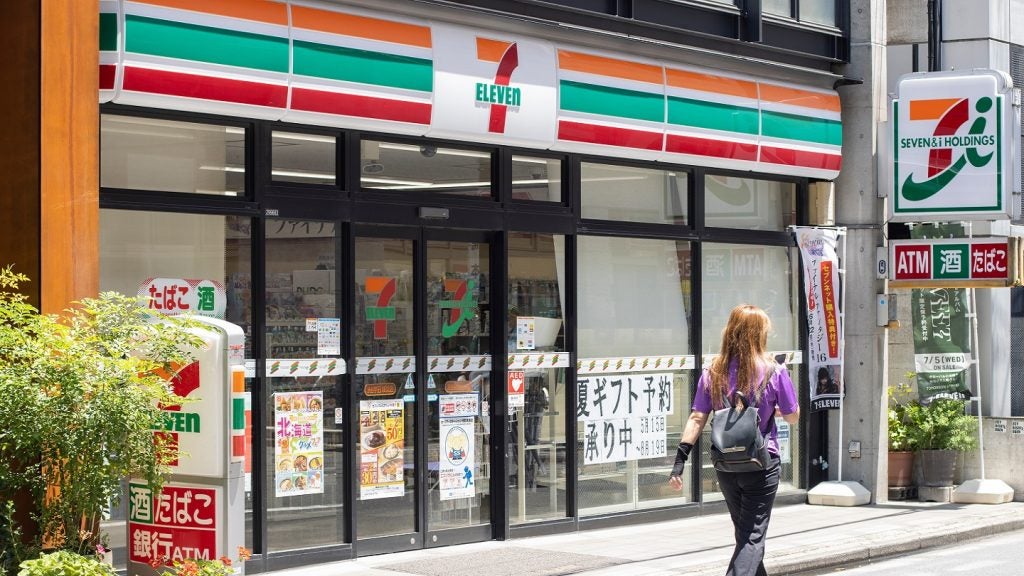As the UK's back-to-school season kicks off, retailers are gearing up for one of the busiest shopping periods of the year.
With consumer behaviour continually evolving, understanding the nuances of this critical period is vital for success.
Giles Whiting, CEO of post-purchase software provider parcelLab, sheds light on how data-driven insights from last year's back-to-school season can inform and enhance retail strategies in 2024.
Surge in retailer communications
The 2023 back-to-school period saw a remarkable increase in retailer communications, particularly through email.
parcelLab highlights a significant peak in email activity with the number of sent emails in the UK peaking at 3.9 million in the week of 4 September 2023, highlighting the proactive approach of retailers in keeping customers informed.
According to Whiting, this increase was driven by several key factors.
The growing prevalence of online shopping, particularly via mobile devices, played a central role.
"This trend continues to grow as more consumers, especially Gen X and millennial parents, use online shopping as a convenient way to meet their back-to-school needs. These consumers often engage with platforms like TikTok, Instagram, and Facebook, where they discover product recommendations, promotions, and discounts," explains Whiting.
"Many of these platforms also offer integration with e-commerce, allowing users to purchase directly through ads, further boosting online shopping activity."
Moreover, inflation has prompted parents to start shopping earlier, spreading their purchases across multiple online stores to maximise their budgets.
"This behaviour is driven by the availability of exclusive online discounts and app-specific promotions, which encourage early and diversified spending," says Whiting.
"Another critical factor is the importance of a flexible and customer-friendly return policy. […] This added assurance leads to more confidence and frequent purchasing, contributing to the overall increase in e-commerce activity."
Retailers responded by tailoring email campaigns to provide personalised product recommendations and highlight relevant promotions, creating a more engaging shopping experience.
"These targeted communications help shorten the time between browsing and purchase, driving repeat visits and building customer loyalty," emphasises Whiting.
"Moreover, effective email communication during the customer journey is crucial for building trust. Keeping customers informed at every stage, from order confirmation to delivery updates ensures an overall positive shopping experience."
High engagement rates reflect consumer interest
The 2023 back-to-school season also saw impressive engagement metrics, with email open rates in the UK peaking at 62% and unique click rates reaching 13% during the week of 28 August, according to parcelLab.
These figures indicate that customers are highly responsive to retailers' communications during this period.
Whiting attributes this engagement to the relevance and timing of the content delivered.
"Our data indicates that the highest customer engagement tends to occur at the beginning and end of the shopping journey," he says.
"This includes emails like order confirmations, parcel dispatch notifications, and last-mile updates. These touchpoints are crucial because they address customers’ immediate concerns and expectations, resulting in naturally higher engagement."
Retailers can further optimise their email campaigns by identifying what Whiting refers to as their "FlowComm - the type of communication that consistently triggers customer interest and drives action, keeping them engaged and coming back to the store."
By leveraging insights from parcelLab’s pL Insights product, retailers can create targeted audiences and segments, enhancing engagement through personalised and relevant content.
"Optimising elements such as send time, subject lines, and content personalisation produces a unique and compelling customer experience," he adds.
"Region-specific deals, loyalty-based discounts, infographics, dynamic content blocks, and strategic CTAs (like 'Add to Cart') can all be tailored to resonate more deeply with the customer, leading to improved open and click rates."
Leveraging data for strategic insights
Analysing email performance data from the back-to-school season offers retailers actionable insights that can inform their overall customer experience strategy.
"In the case of emails, key metrics to consider include average clicks per email, bounce rates, specific URL interactions, performance variations across different times of day and email types, and much more," Whiting emphasises.
Whiting continues, "parcelLab also has a Benchmarking tool that identifies the best practices in the industry and helps detect performance gaps by comparing your metrics against established standards."
"Once retailers analyse this information, there are various key components from the customer experience strategy that can be influenced.
"The most obvious one is the technology integration, to use insights across tools and services taking the most out of them; second, the journey mapping/blueprinting, as these insights can expose overlooked pain points, […]; and third, for customer understanding, as identifying what resonates with different customer segments allows for more personalised and relevant email campaigns, driving engagement, loyalty, and repeat purchases."
Addressing delivery challenges and enhancing the customer experience
The back-to-school season brings its own set of challenges for retailers, particularly in terms of order management and delivery.
"The back-to-school rush creates an influx of additional orders for retailers, challenging their capacity to ship orders on time," says Whiting.
"We also find shoppers are ordering more time-critical products and are significantly more likely to track during this period."
"Technology solutions like parcelLab provide a sought-after visibility that shoppers are demanding through our products that allow for retailers to display estimated delivery dates, provide detailed tracking pages, and deliver proactive email communications," notes Whiting.
Proactive communication is key to building trust and loyalty during the back-to-school season.
"Setting up automatic alerts to shoppers if products are shipped late or not due to arrive by the original customer promise, increases the shopper’s trust in your brand and equips them to make informed decisions about what they can do next," Whiting explains.
Personalising the post-purchase journey
Personalisation plays a crucial role in enhancing the post-purchase experience.
"We all prefer to have contextually relevant and personalised shopping experiences over generic, one-size-fits-all experiences," Whiting says.
"You have a great opportunity during the back-to-school season to learn more about who your buyers are, and for whom they’re buying. This context enables you to personalise your messaging during the post-purchase experience when you have a heightened engagement and allows you to nurture your relationship throughout the upcoming school years of your shopper."
Whiting encourages retailers to view the customer relationship as a multiyear engagement, rather than a one-time purchase.
"The best brands think about this relationship as a multiyear engagement with multiple purchase moments, rather than a one-time purchase," he emphasises.
"parcelLab provides a platform where data collected from each part of this loop is fed into one joined-up flywheel, enabling you to build momentum and grow relationships for life."
Future trends and opportunities in post-purchase experience
Looking ahead, Whiting sees emerging technologies as key drivers in transforming the post-purchase experience.
AI, augmented reality, Internet of Things (IoT), and blockchain are all poised to revolutionise the post-purchase experience.
"AI-driven chatbots and virtual assistants are already enhancing customer support by providing instant, accurate responses to customer inquiries, reducing the burden on human agents," he predicts.
He continues, "customers can use AR to visualise how a product fits into their space or see step-by-step instructions for assembling or using a product. This not only reduces the likelihood of returns but also enhances customer satisfaction and engagement."
"IoT devices can offer real-time tracking and updates, giving customers greater visibility into the delivery process."
"Blockchain can enhance transparency and trust in the post-purchase phase by providing immutable records of transactions, ensuring that customers have access to authentic product histories, warranty information, and more."
Whiting also highlights the growing importance of sustainability and ethical practices in the post-purchase process.
"Consumers are increasingly prioritising sustainability and ethical practices in their purchasing decisions. Retailers that offer eco-friendly delivery options, transparent supply chains, and sustainable packaging solutions will gain a competitive edge."
In conclusion, as the back-to-school season continues to evolve, retailers must adapt to changing consumer behaviours and expectations.
By leveraging data-driven insights and emerging technologies, retailers can enhance the customer experience, build trust, and drive long-term loyalty.
"The post-purchase journey is the window of highest engagement during the entire buying process. But even if your products are best-in-class, this period is often followed by a need or desire to return or exchange products," says Whiting.
"Retailers need to move beyond thinking about individual separate propositions [delivery or returns] and more towards thinking about this journey as an entire loyalty loop [delivery feeding into returns which then feeds into future purchase moments]."




